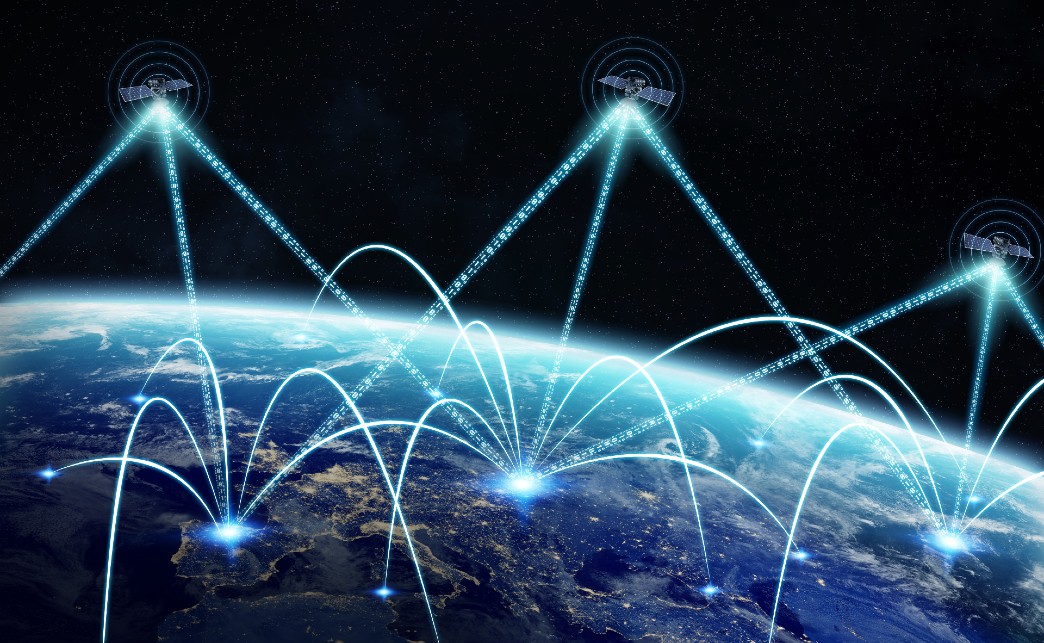Revolution in Space: How technology and investment are making space more relevant than ever
For decades the space sector has been steadily growing and resilient to economic downturns.
Downstream activities, exploiting space technology and systems for the provision of services, have been led by the private sector and telecommunications, in particular broadcasting. Upstream activities, sending spacecraft into space, have been underpinned by manufacturing led by the public sector through institutional programmes and the private sector to build the infrastructure functional to commercial exploitation by the downstream segment.
The last ten-fifteen years have seen substantial advancements in technology with improved simulations tools, cloud computing, additive manufacturing, digitalisation, miniaturisation, machine learning, standards convergence and softwarization of hardware. These advancements have impacted various industries including the space, paving the way for new players to enter the market, developing innovative products and services, and introducing alternative business models.
Technology acts as an enabler to develop higher-performing and cost-effective solutions, removing barriers to the commercialisation of new products and services and opening untapped demand. In turn, investment reinforces and accelerates not only the technological progress but also its route to exploitation in the market.
The growing recognition of the strategic and economic importance of space has driven increased investment and attention from governments and the private sector. Recognising the significant commercial potential of space, venture capitalists, tech giants, and entrepreneurs have started to invest billions of dollars in companies providing space or space related products and services.
The Impacts of Technology Innovation
For the deployment of the upstream segment and, as consequence the cost of downstream services, the reduction in cost of the access to space is fundamental. The development of more efficient and greener launch vehicles, that are also more reliable, has become a reality with the adoption of modular designs and reusability leveraging refined simulations tool, digitalisation, additive manufacturing and better-quality inspection techniques.
Satellite data and remote sensing technologies can provide unprecedented insights into environmental conditions to address global challenges such as climate change, enabling better decision-making and more effective resource management. Small satellites, cutting-edge sensors, miniaturisation, cloud computing and machine learning enable unprecedented monitoring and analysis of our planet's natural and human-made systems. Earth observation data from a narrowly used tool will become routinely used in areas ranging from agriculture to insurance, carbon reporting, greenhouse gases monitoring, disaster management etc.
Technology is also making a significant impact on telecommunications with constellations providing coverage and capacity to deliver broadband in areas not covered by terrestrial networks. This has been enabled by achievements in small satellites development, onboard processing, mass manufacturing, miniaturisation, improved antenna technology and convergence on 5G. More affordable, reliable, ubiquitous and faster connectivity across land, sea and sky is becoming a reality.
Innovation in technology is having a remarkable impact on the space sector, with both reduction of costs, lowering the barriers to adoption, and the exploration of a multitude of applications, which in turn has unlocked new market segments. This has not passed unnoticed among the investment community as private capital deployed in 2019 was less than $ 6 bn while in the last three years was exceeding on average $ 12 bn.
According to the World Economic Forum, the space economy which in 2023 was $ 330 billion will grow at 7% per annum to $ 525 bn in 2030 and to $ 755 bn in 2035m therefore more than doubling from last year.
The last decade has seen a revolution in the space industry that is continuing and is propelled by the convergence of technological advancements and increased investments making space more relevant than ever here, on Earth.

Register now for the Space Commercialisation and Tech Summit
Join Pier Stoppato and a range of other speakers at the Space Commercialisation and Tech summit, this Thursday 25 April. Meet the minds shaping the future of the space sector in the UK and internationally.








